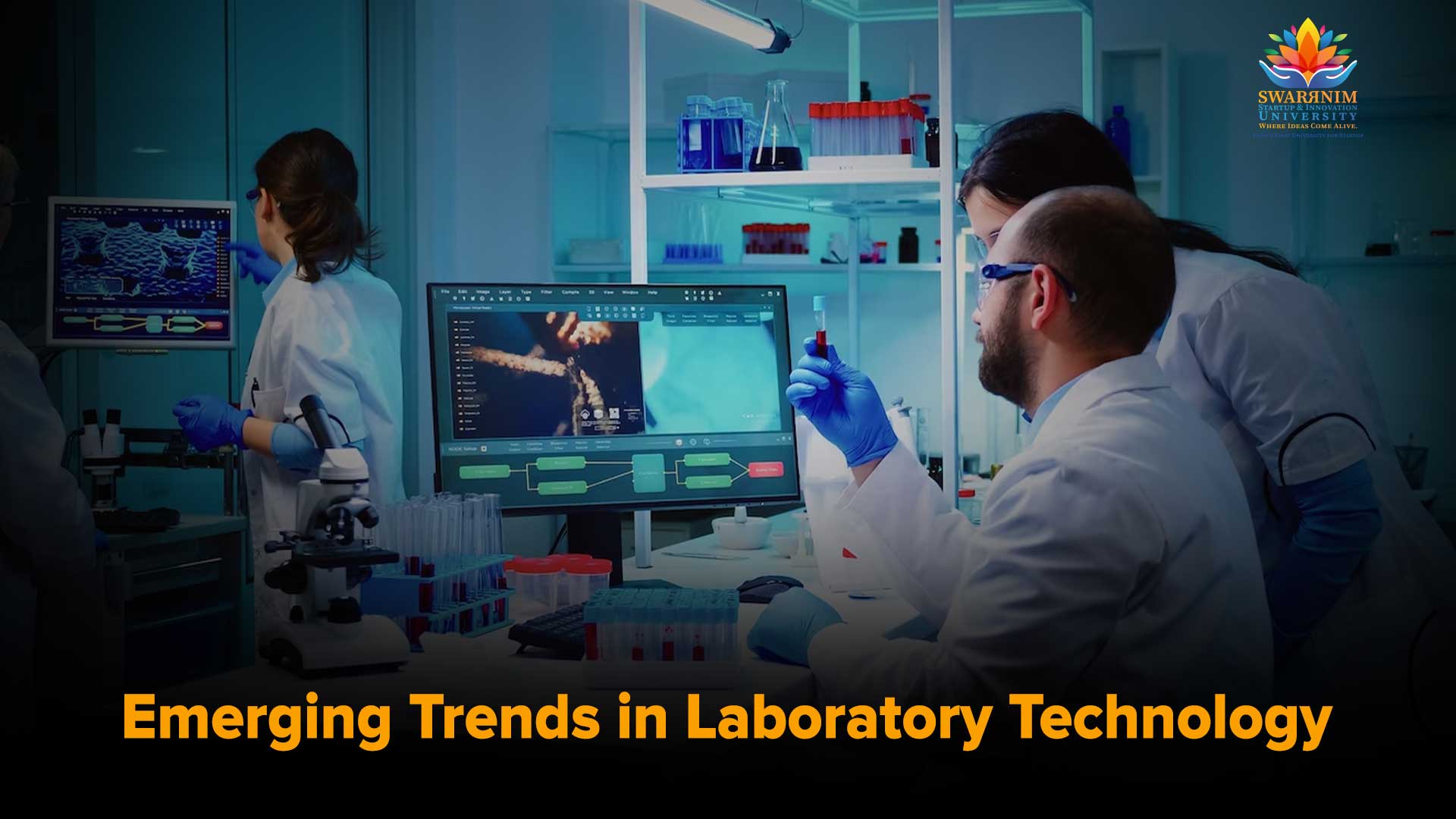
Laboratory technology, a cornerstone of modern healthcare, has continually evolved over the years to meet the ever-growing demands of diagnostics and research. From the mid-20th century to the present day, a series of technological breakthroughs has reshaped the landscape of laboratory science. Let's explore the current trends and advanced techniques that are shaping the future of medical laboratory science.
Current Trends in Laboratory Medicine
In the 21st century, the field of Medical Laboratory Technology (MLT) is experiencing an accelerated pace of change. The current trends in laboratory medicine are driven by the introduction of groundbreaking technologies that are revolutionizing diagnostics and research. One such trend is liquid biopsy, also known as fluid biopsy. This innovative technique involves the analysis of biomarkers present in bodily fluids like blood and urine. Liquid biopsies offer a minimally invasive way to detect diseases such as cancer, infections, and genetic disorders, allowing for early diagnosis and personalized treatment plans.
Advancements, Prospects and Sophistication
Future of Sciences in Data and Revolution The future of medical laboratory science is teeming with possibilities. Machine learning algorithms are becoming indispensable in laboratory data analysis. These advanced algorithms can sift through vast datasets, uncover patterns, and extract meaningful insights. In laboratory medicine, machine learning assists in interpreting complex test results, identifying trends, and even predicting disease outcomes. This technology is poised to revolutionize diagnostics and research, making them more precise and efficient. Medical Lab Technology: A Future in Genomics, Proteomics and More
Laboratory Medicine: Liquid biopsy As we gaze into the future of laboratory medicine, one thing is certain—innovation will continue to be the driving force. The integration of technologies like liquid biopsy, point-of-care testing, and machine learning is set to redefine how we approach diagnostics and research. These trends will enhance the speed, accuracy, and accessibility of laboratory services, ultimately improving patient care and outcomes. The future of laboratory medicine and laboratory technology has come a long way from its humble beginnings in the mid-20th century. The current trends and advanced techniques in laboratory science paint an exciting picture of what the future holds. With a focus on precision, efficiency, and accessibility, the future of medical laboratory science promises to unlock new frontiers in healthcare and research.
In a world where healthcare is increasingly data-driven and personalized, laboratory technology stands as a pivotal force, driving the transformation of diagnostics and research. The journey we've undertaken through the annals of laboratory science, from the mid-20th century to the present day, has been nothing short of remarkable. As we conclude our exploration of the current trends and advanced techniques shaping the future of medical laboratory science, it's essential to reflect on the broader impact and significance of these developments. The 21st century has brought about a seismic shift in laboratory technology, characterized by agility, precision, and accessibility. Liquid biopsy, a beacon of hope in early disease detection, exemplifies how minimally invasive techniques can herald a new era in diagnostics. By analyzing molecular markers in bodily fluids, we're redefining the diagnostic landscape, enabling swifter and more targeted interventions. Emerging trends in laboratory technology seem to be dominating the field entirely. What are these present trends?
arrnim Startup & Innovation University, with its commitment to innovation and excellence, stands as an ideal institution for those aspiring to be a part of the ever-evolving landscape of laboratory technology. Its state-of-the-art facilities, experienced faculty, and industry-oriented curriculum ensure that students are well-prepared to embrace the challenges and opportunities presented by emerging trends in laboratory technology. With a focus on practical, hands-on learning, Swarrnim empowers its students to not only understand the theories but also to apply them effectively in real-world scenarios. This prepares them to be at the forefront of innovation and discovery in the field of medical laboratory science, making Swarrnim University the gateway to a promising and impactful career in laboratory technology These changes herald a future where healthcare is not just more precise but also more accessible and patient-centric. These trends embody the spirit of innovation that has defined the evolution of laboratory science, and they hold the promise of better health and well-being for all.